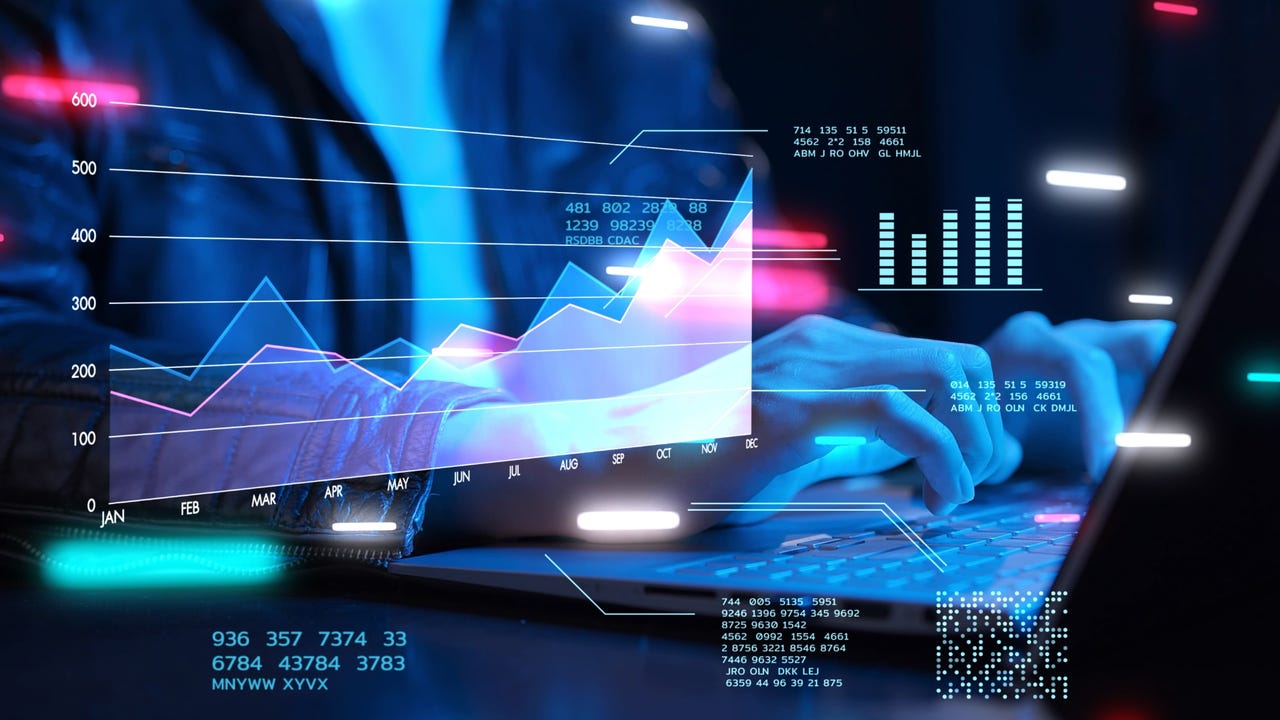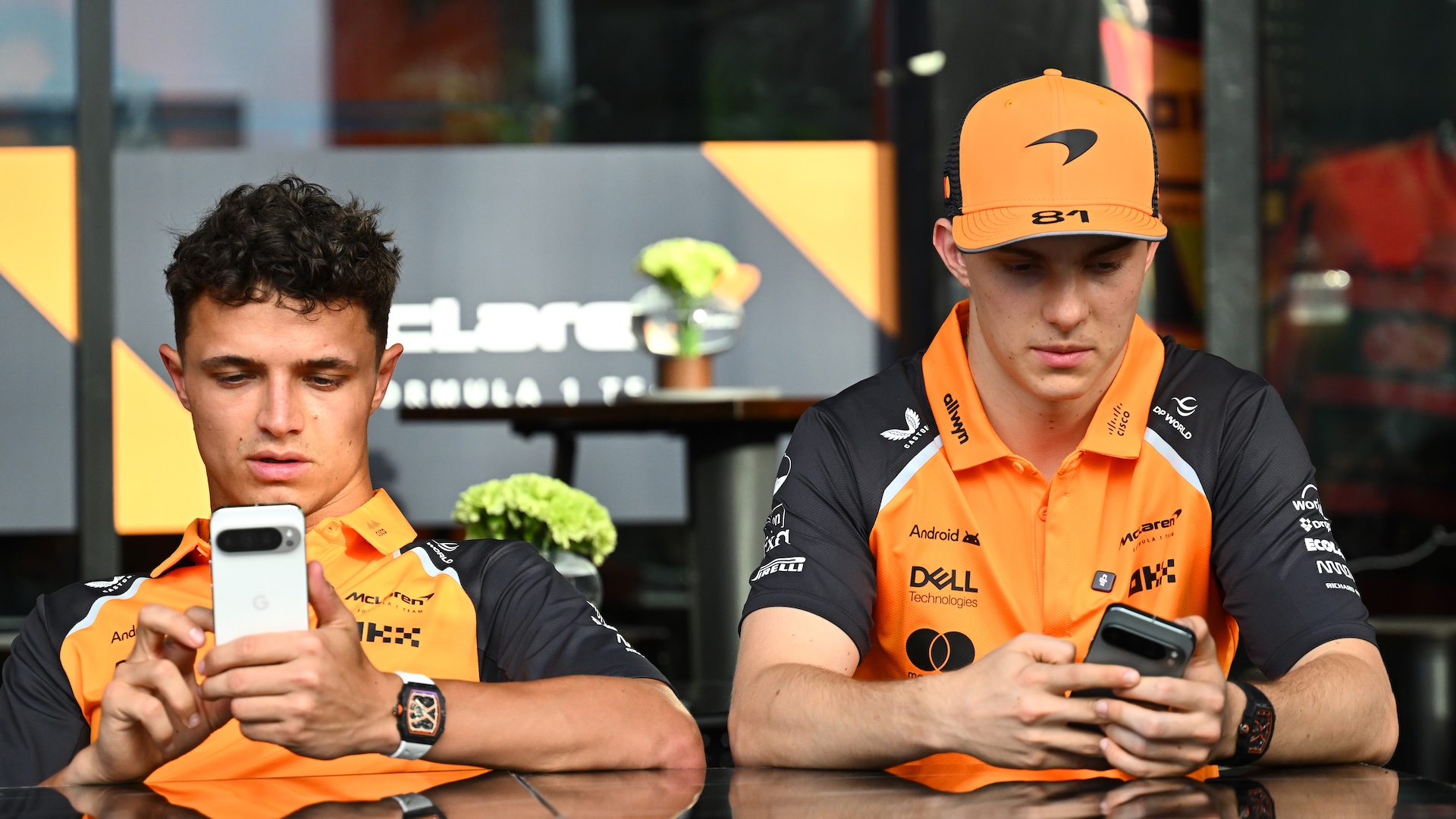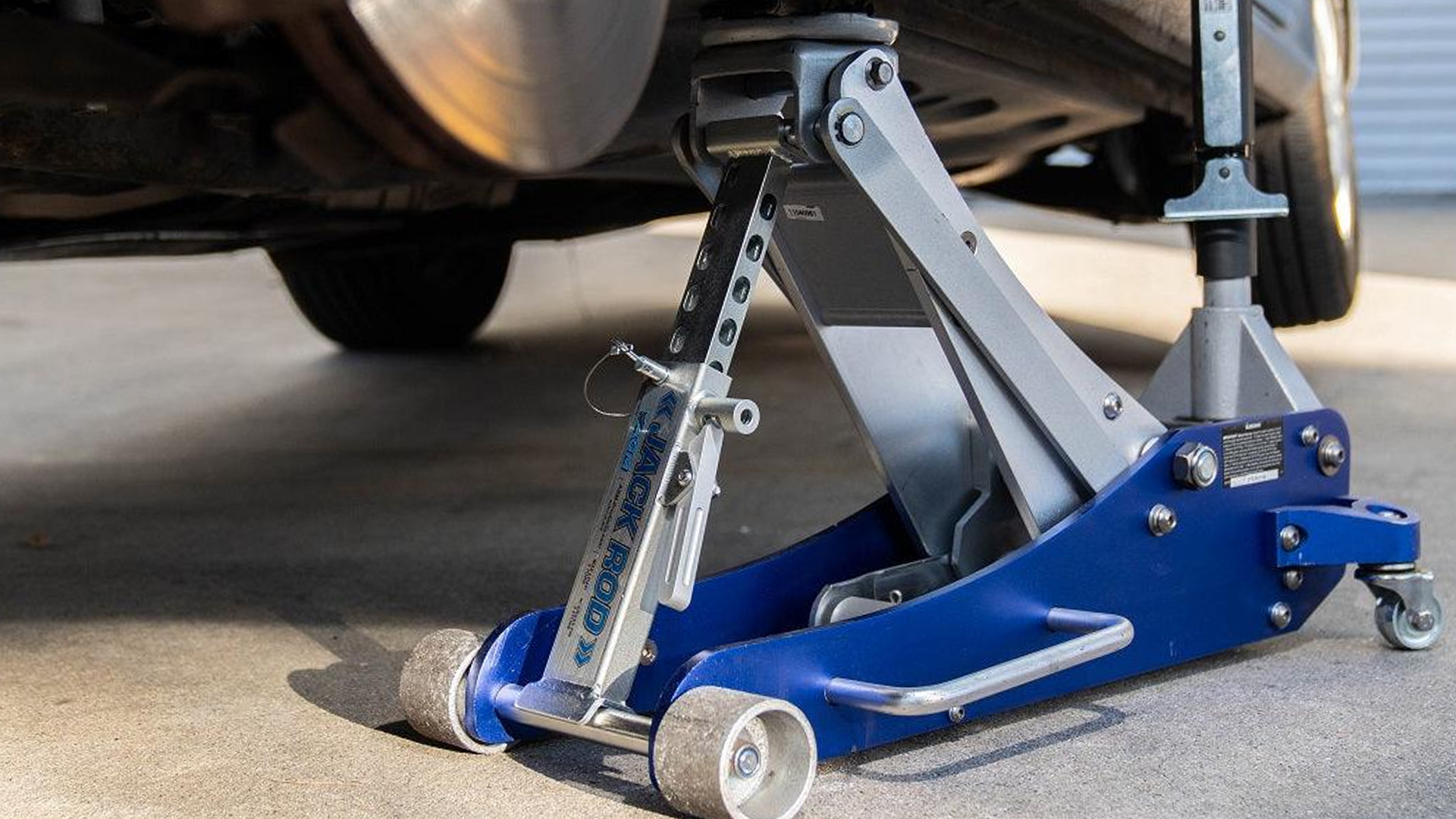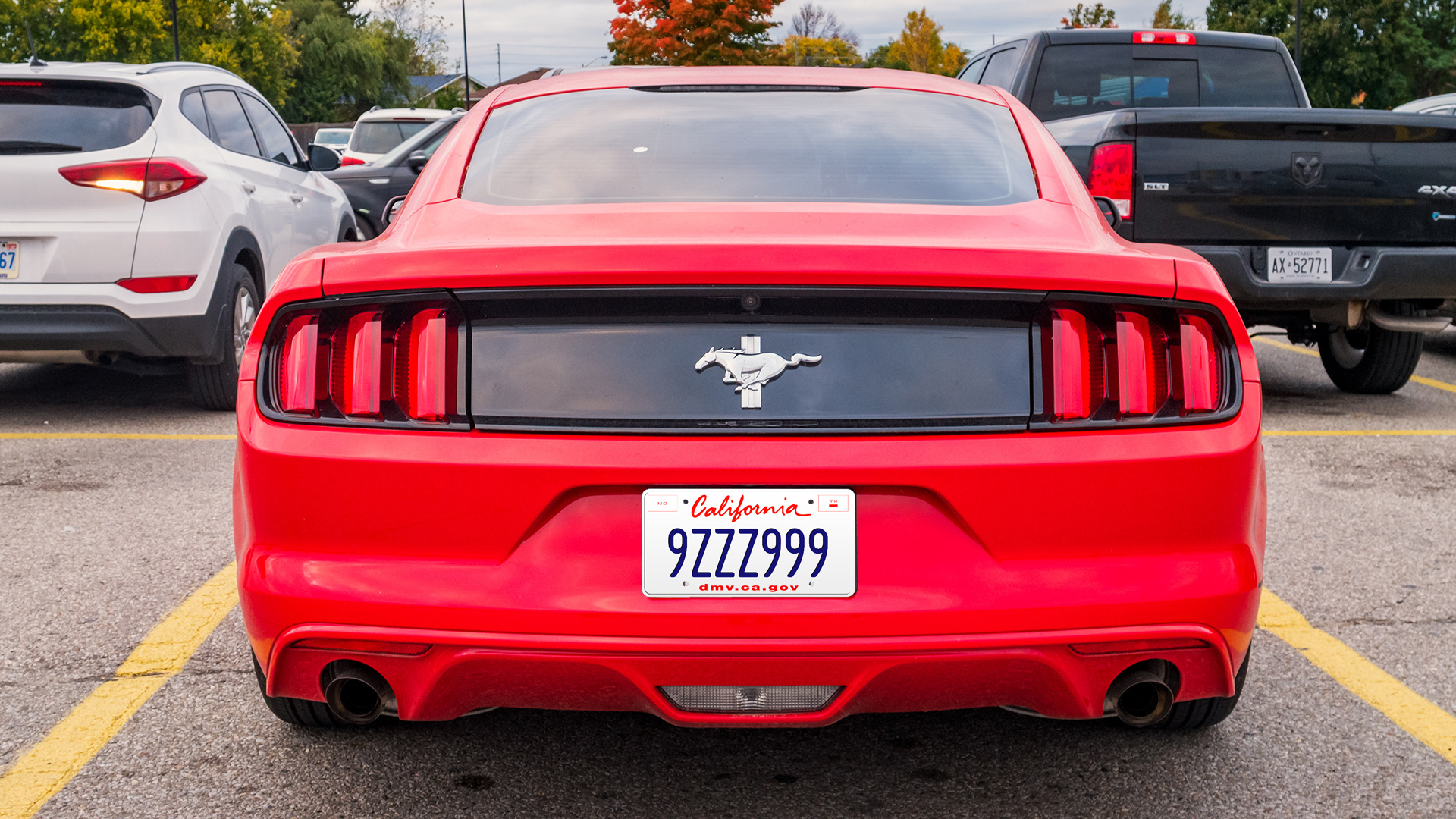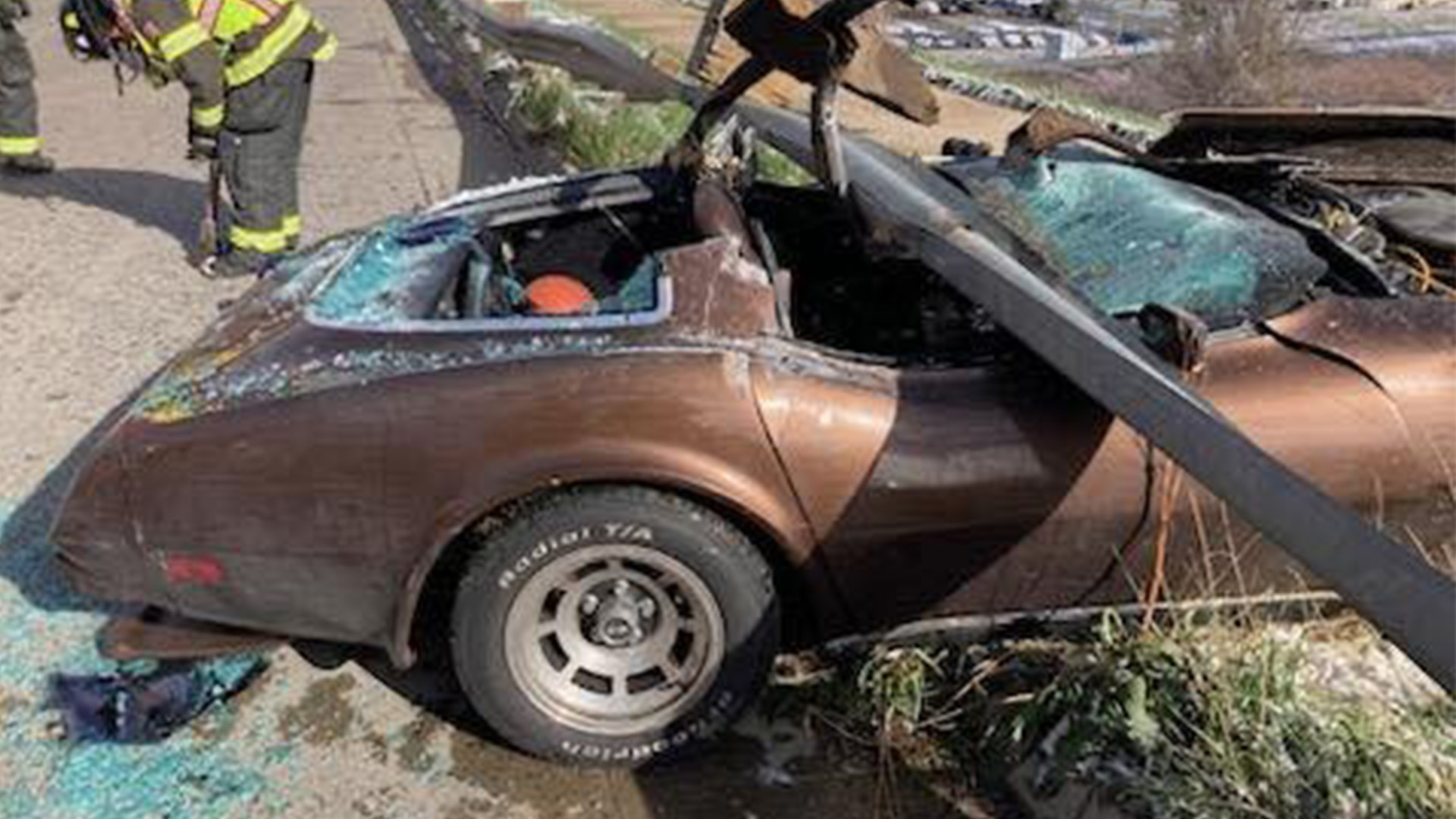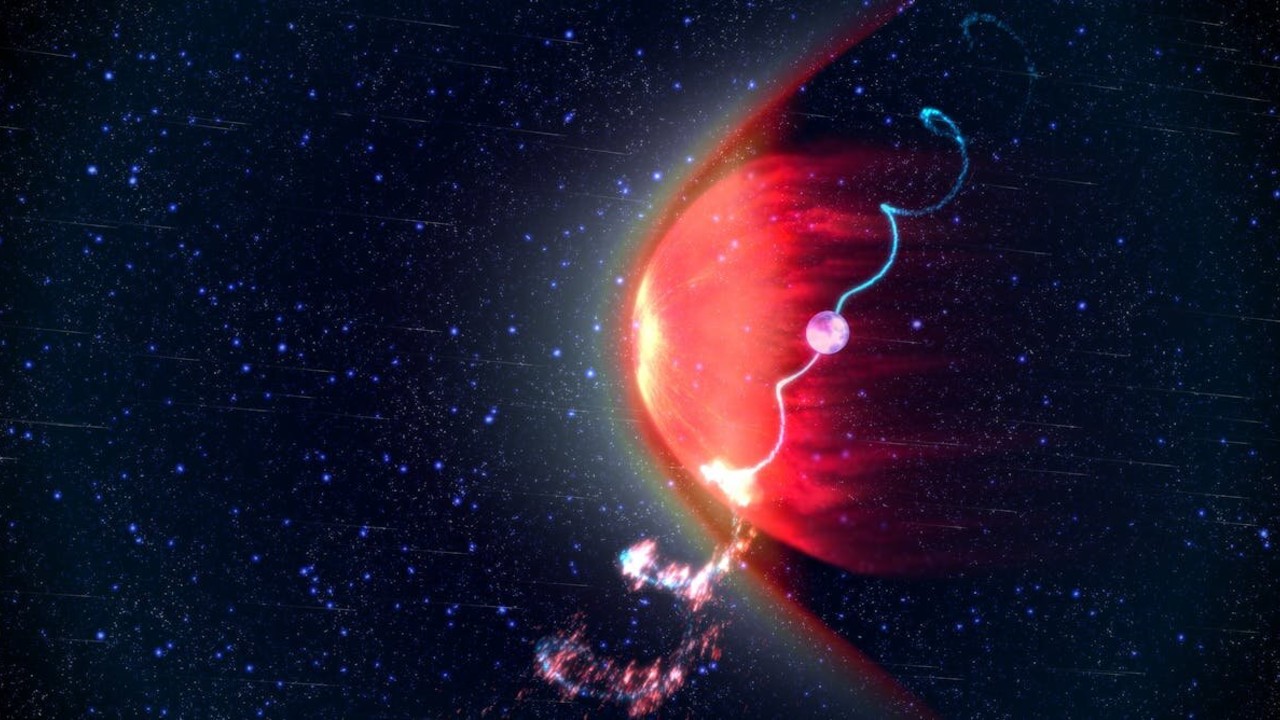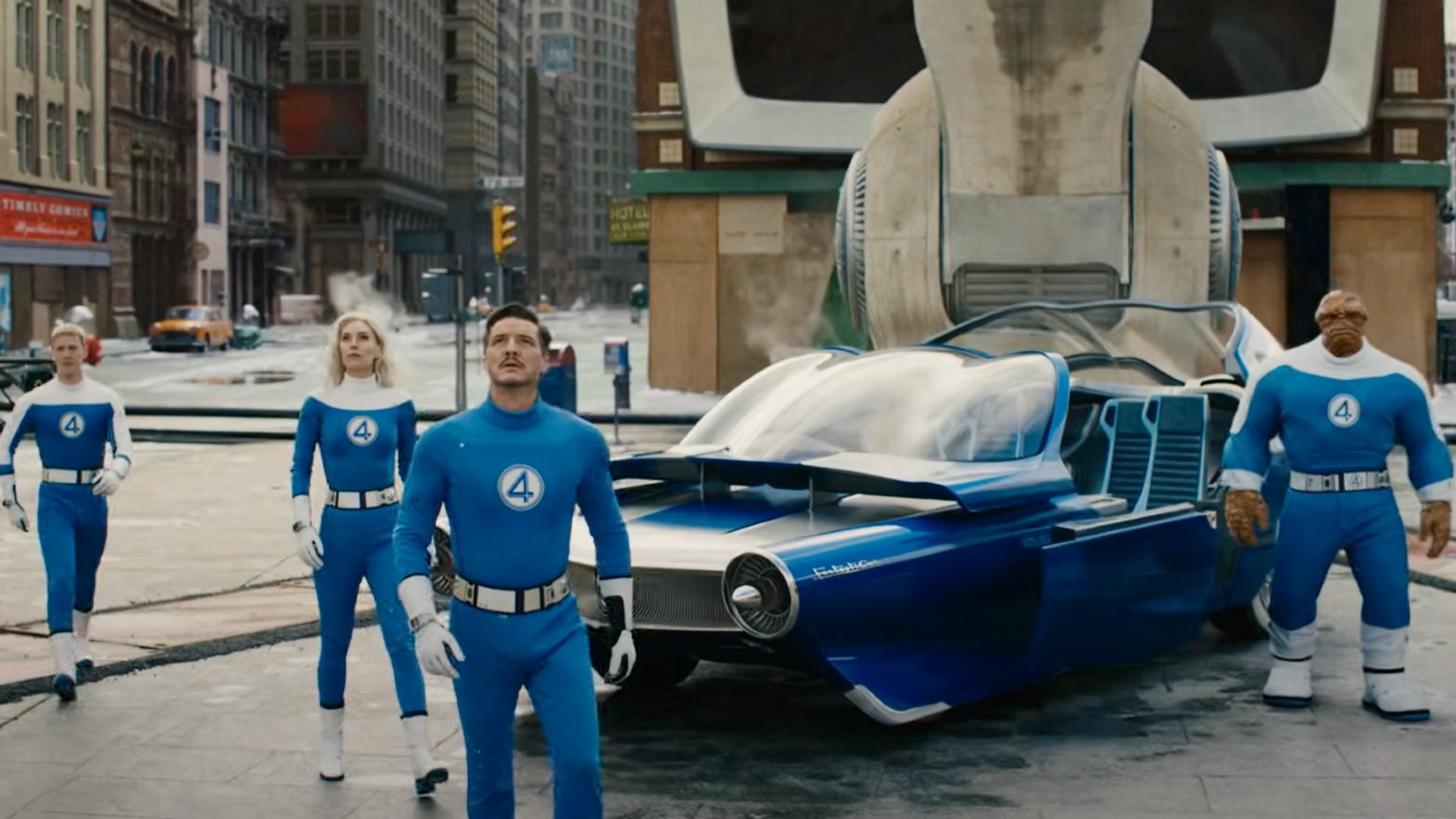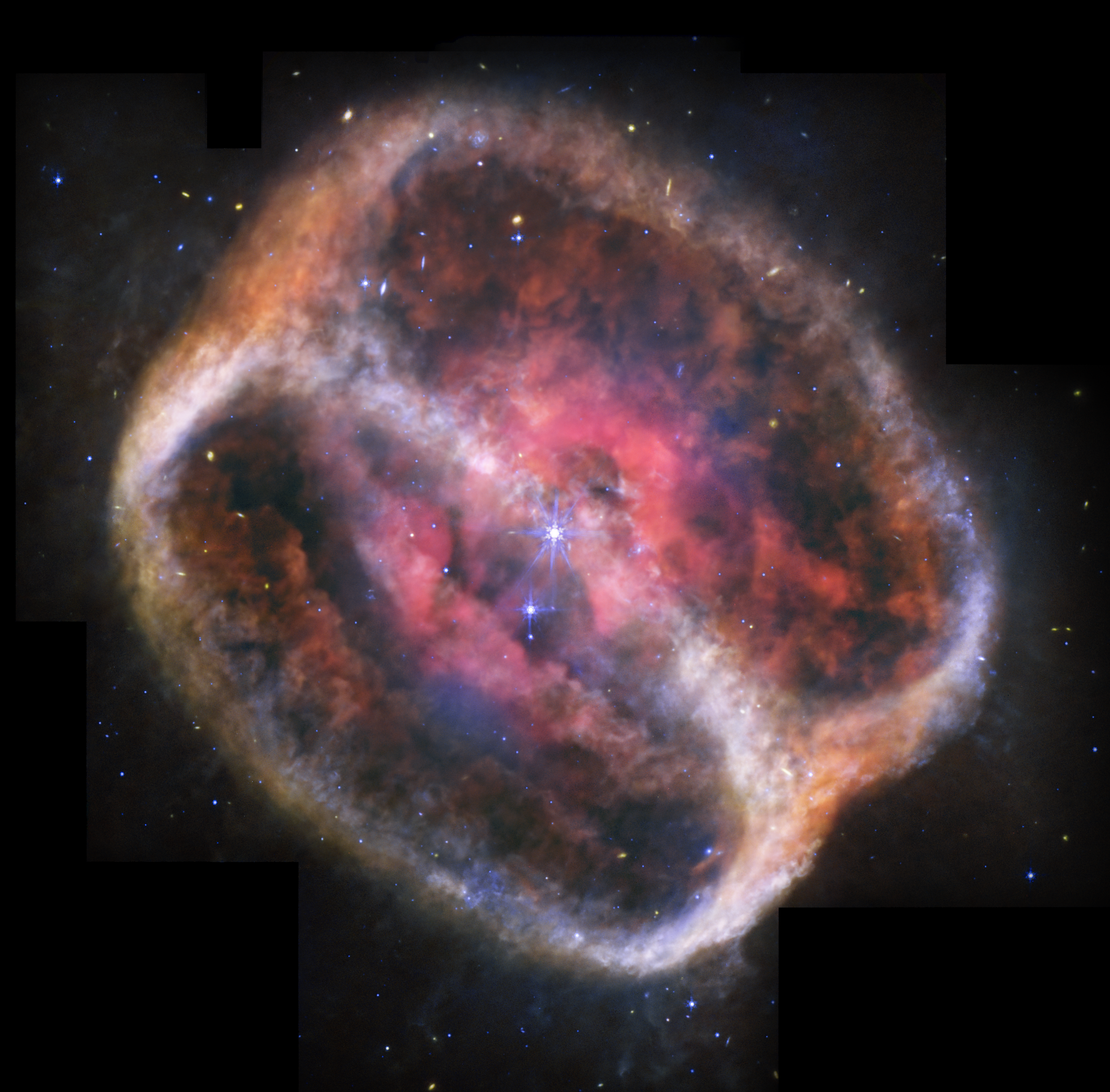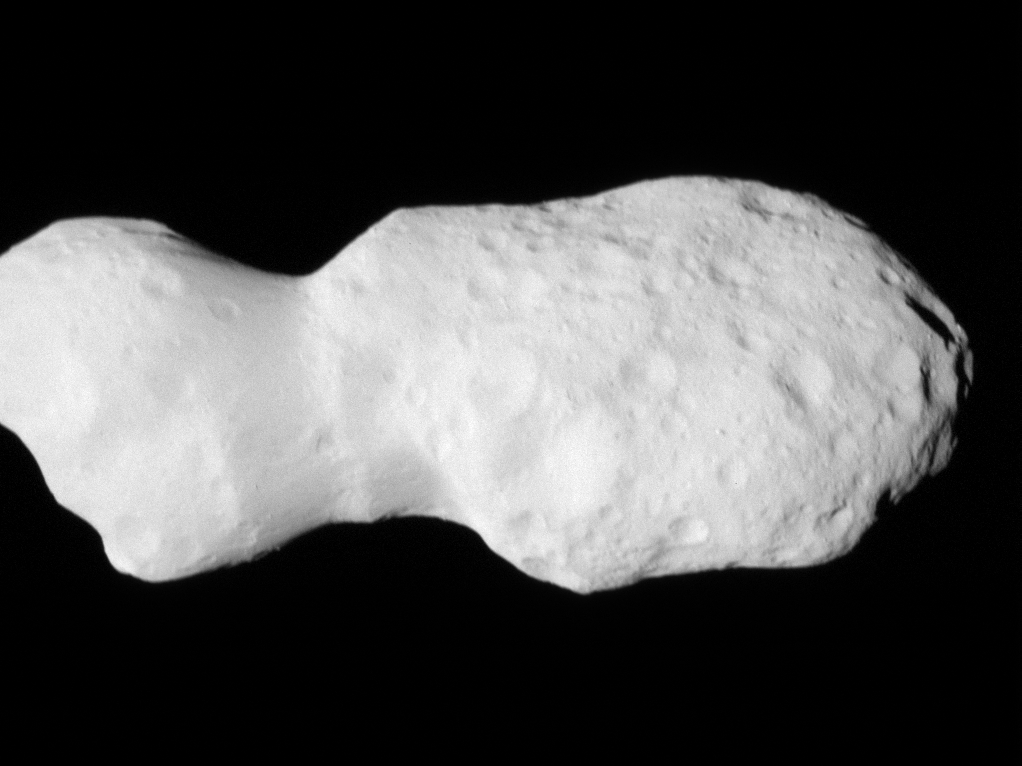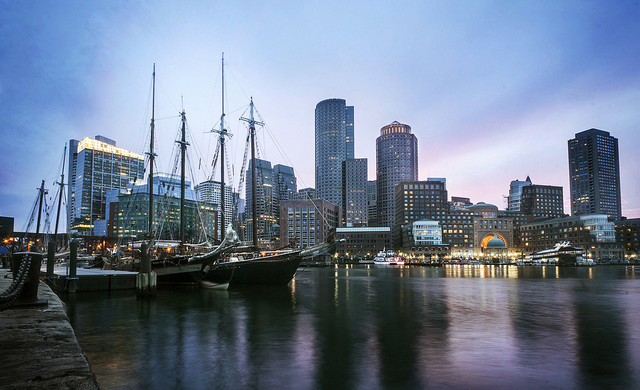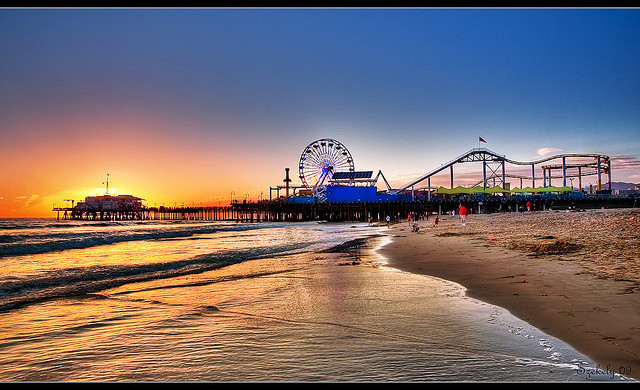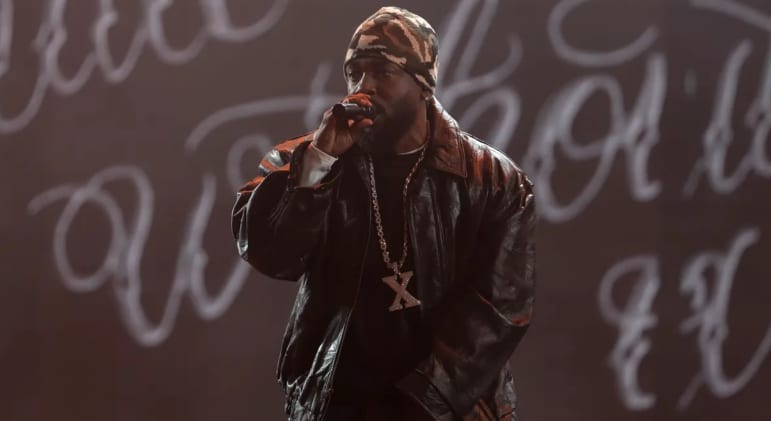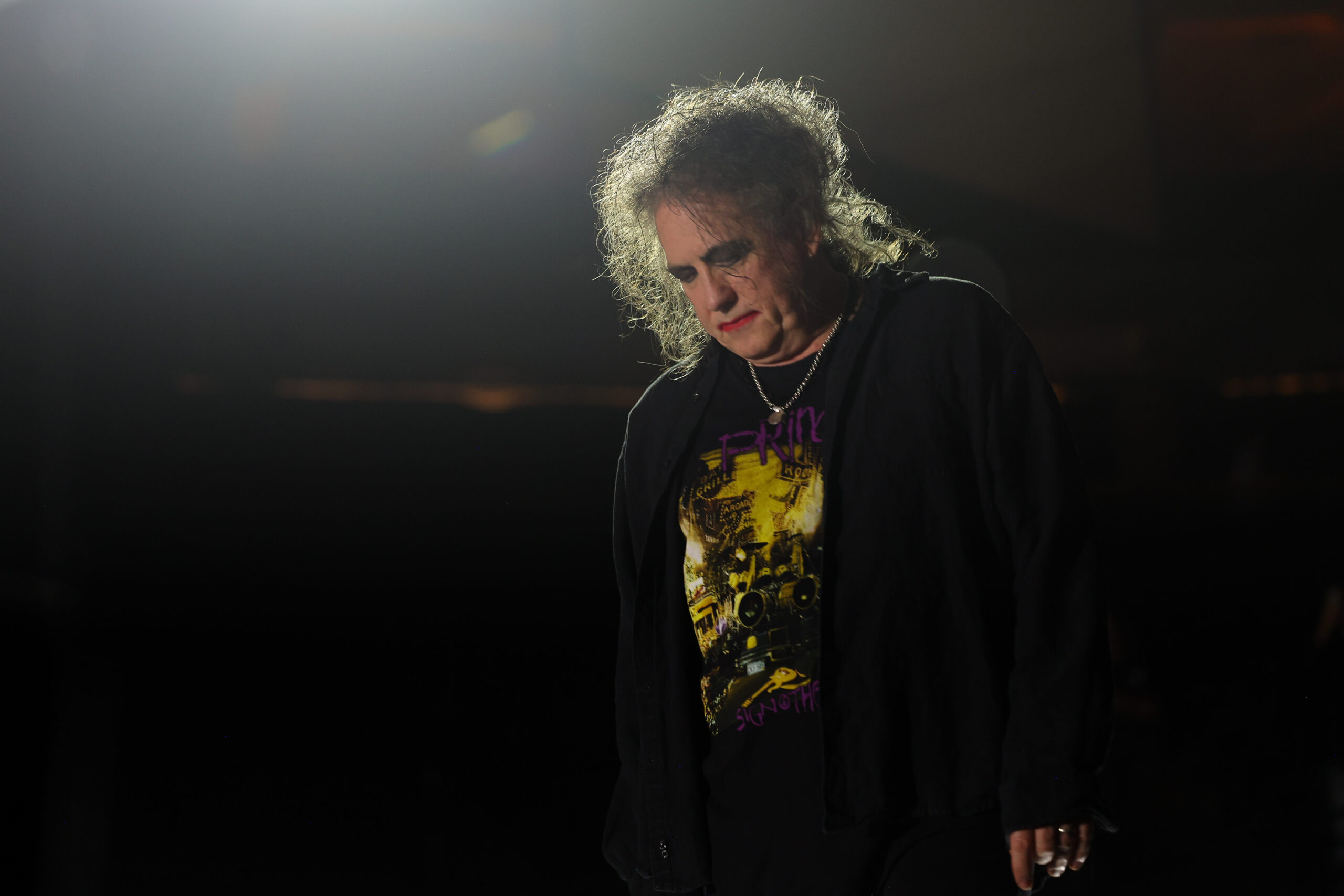Genesis Hypercar V8 enters second development phase
The development of the Genesis Magma Racing GMR-001 Hypercar passed a major milestone back in February, when its WRC-based V8 twin-turbo (...)

The development of the Genesis Magma Racing GMR-001 Hypercar passed a major milestone back in February, when its WRC-based V8 twin-turbo engine completed a successful first fire-up at Hyundai Motorsport’s headquarters.
The process was overseen by Hyundai Motorsport’s head of powertrain, Julien Moncet, and engine workshop leader, Rob Benson, and was greeted by applause from the gathered engineers and designers.
The event marked a key moment in the development of the GMR-001 engine, which will power Genesis Magma Racing’s ORECA-based LMDh prototype in the FIA World Endurance Championship Hypercar class from 2026 and IMSA GTP category from 2027.
 The basic architecture of the V8 powerplant is derived from the inline four-cylinder motor that powers Hyundai Motorsport’s FIA World Rally Championship challenger. The I4 engine is based on the FIA’s Global Race Engine regulations, and the two units share roughly 60% of their parts.
The basic architecture of the V8 powerplant is derived from the inline four-cylinder motor that powers Hyundai Motorsport’s FIA World Rally Championship challenger. The I4 engine is based on the FIA’s Global Race Engine regulations, and the two units share roughly 60% of their parts.
“The I4 engine is a very, very sophisticated, very efficient engine,” said Hyundai Motorsport technical director François-Xavier Demaison. “It’s a proper race engine, so it’s a very good base for developing an engine for WEC. Rallying is a sort of endurance race, so for an engine to do the 24 Hours of Le Mans, it’s a good place to start from.
“With the time we had available to develop the engine, we immediately knew we did not have time to completely design a new engine from scratch. For the main part of an engine, you need a long time to design, validate and of course to produce.
“Every part needs to be tested over many kilometers, and the I4 engine from our World Rally Championship car has already been well proven. It became the logical step to carry over as many parts as possible from the 4-cylinder engine.”
Design work on the engine began in June 2024 and was completed four months later. The assembly of the first unit was undertaken in the first months of 2025, in time for the scheduled fire-up.
The engines for Hyundai’s WRC cars have been produced in-house by Hyundai Motorsport since 2017. Having begun as a handful of engineers in 2013, the team’s powertrain department has since grown to encompass design, workshop, testing, electronics and software departments. This investment has enabled Hyundai Motorsport to build its own engine for its first foray into endurance racing with Genesis.
“Hyundai Motorsport is the backbone of Genesis Magma Racing, and the development of the engine for the GMR-001 Hypercar is the perfect demonstration of this,” said Genesis Magma Racing team principal Cyril Abiteboul. “We have a huge wealth of expertise at Hyundai Motorsport, so to develop the powertrain for the GMR-001 it was only natural to call on the people we have.”
“We have a very strong team in Hyundai Motorsport,” added Moncet. “We have everyone working on the powertrain all together, so the communication is very good between the departments, feeding information back between simulations. This can speed up the development process and means we can immediately adapt as soon as we see something, without losing time.”
With the first engine fire-up complete, the second phase of the development program will begin. Hyundai Motorsport, along with Genesis Magma Racing staff, will now focus on completing a series of bench tests before connecting it to the GMR-001 gearbox and hybrid unit. On-track testing will then begin later in the year.
“After the first crank and the first revs in a steady state, we will progressively add more heat into the system, performing long runs,” said Abiteboul. “Then with different dynos we can test in a more dynamic way, reproducing closer the cycles the engine will do around a racetrack like Le Mans.”
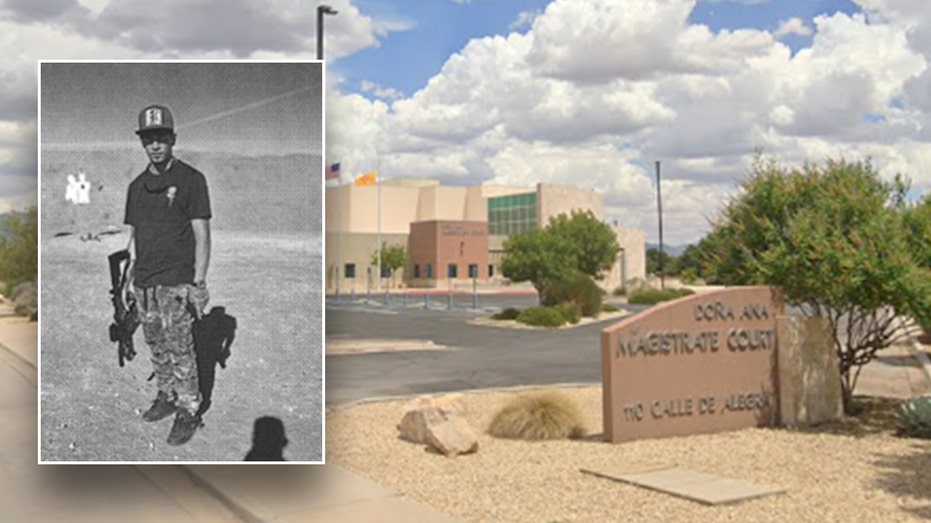









![From fast food worker to cybersecurity engineer with Tae'lur Alexis [Podcast #169]](https://cdn.hashnode.com/res/hashnode/image/upload/v1745242807605/8a6cf71c-144f-4c91-9532-62d7c92c0f65.png?#)








